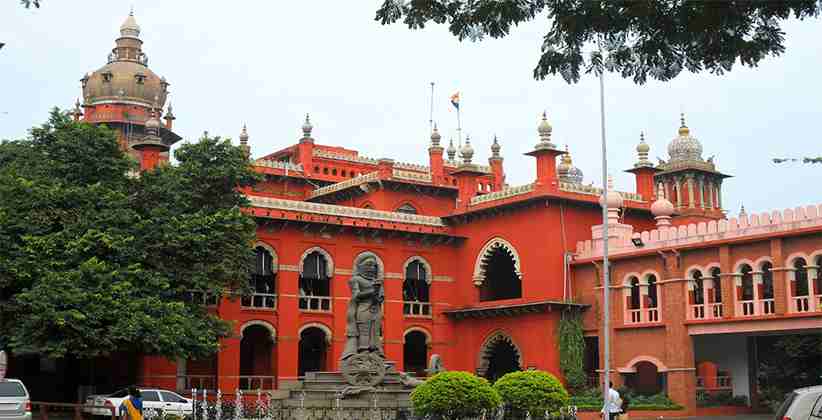In the case of Ajay Kumar Bishnoi v. M/S Tap Engineering,the Madras High Court on January 9, 2020 held that prosecution under Section 138 of Negotiable Instrument Act, 1881 cannot be quashed on grounds of acceptance of Corporate Insolvency Resolution Plan under Section 31 of Insolvency and Bankruptcy Code, 2016 (IBC).
M/s. Tecpro Systems Ltd. filed a petition under Section 482 of the Code of Criminal Procedure, 1973 in Madras High Court to quash complaint instituted by M/s. Tap Engineering under Section 138 read with Section 141 of the Negotiable Instruments Act, 1881 (NI Act).
Petitioner put up a contention that Section 14 of the Insolvency and Bankruptcy Code, 2016 contemplates the declaration of a moratorium. The institution of suits or continuation of pending suits or proceedings against the corporate debtor including execution of any judgment, decree or order in any court of law, tribunal, arbitration panel or other authority is prohibited.
Now, the question arose before various judicial fora as to whether the expression proceedings will include criminal prosecution.
The High Court with the help of precedents such as Indorama Synthetics (I) Ltd. Nagpur Vs. State of Maharashtra and Others reported in 2016 (4) Mh.L.J.249referred to thequestion that arose in Indorama which was whether the expression suit or otherproceedings mentioned in Section 446 (1) of the Companies Act, 1956 wouldinclude criminal proceedings under Section 138 of the Negotiable Instruments Act, 1881. In Indorama Synthetics, it was answered in thenegative after observing that the main object of Section 138 of the NI Act is to safeguard the credibility of commercial transactions and to prevent bouncing of cheques by providing a personal criminal liability against the drawer of the cheque in public interest.
In case of Shah Brothers Ispat Pvt. Ltd. vs. P. Mohanraj & Ors, it was also held that Section 14 of the IBC relating to moratorium will not cover criminal proceedings under Section 138 of the NI Act.
The High Court also held that once an insolvency professional is appointed to manage the company, the erstwhile directors who are no longer in management, obviously cannot maintain an appeal on behalf of the company. This petition has been filed only by the erstwhile managing director. He cannot maintain a prayer for quashing the entire prosecution. At best, he can confine the relief to himself. But, as already held, the approval of the resolution plan is of no avail to the erstwhile director of the corporate debtor.
It was further held that if the company is dissolved in the process, erstwhile directors and officials will not be permitted to take shelter behind the dissolution. They have to still be a part of the proceeding.
The judgement was delivered by a single-judge bench of Justice GR Swaminathan on 09-01-2020.
Author: Satwik Sharma







